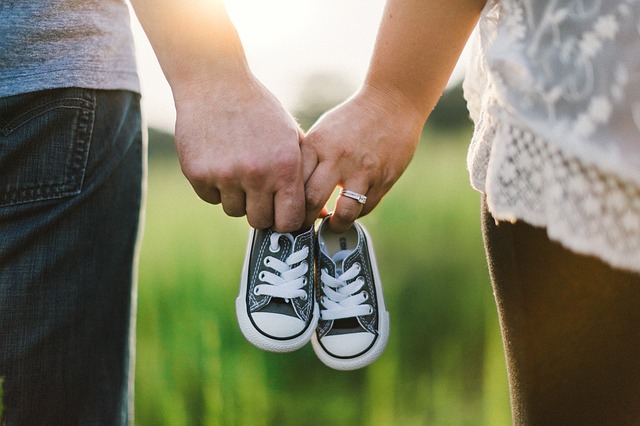In recent weeks, since the gradual lifting of COVID-19 restrictions, I have found in talking with others as they adjust and re-adjust there are some common themes emerging, particularly amongst those experiencing infertility and pregnancy loss. It is likely no surprise that some are finding it more difficult emerging from restrictions than others as the inconveniences imposed by lockdown are offset for some by the perks of a socially isolated daily existence. For those suffering infertility, the lockdown has offered a welcome break from social contact, including that involving pregnant family and friends, reduced exposure to the growing baby bumps of family and friends, an understandable excuse to withdraw (at least physical) support from pregnant friends, fewer uninvited questions relating to their attempts to conceive and perhaps of greatest relief…..no baby showers demanding their participation in celebrating the successful fertility of others!
However, with this withdrawal from others and loss of relationship there is an unhealthy diminishing social support and compounded feelings of isolation and depression. The experience of infertility, like all other crises, provides an opportunity for greater capacity for intimacy and relatedness with others. We need the capacity to recognize and tolerate the conflictive state of ambivalence, where greatly contrasted emotions may be present simultaneously. We, humans, are amazingly capable of holding two feelings at the same time. Just because, for example, you are jealous does not mean that you are not happy for your pregnant friend. It does mean that you may need help coping with pregnancy jealousy during your infertility challenges. Ultimately, everyone experiencing infertility needs to live and relate to others in a world that is largely fertile…..a social world not in lockdown.
So here are some thoughts to help with the readjusting…….
- If social interaction is to occur with a pregnant friend or relative, it can help to be honest with her about your feelings. Tell her how happy you are for her but admit that you are struggling and have more mixed emotions at this time. Seek forgiveness if you are not as wholly involved in her pregnancy as you otherwise would want to be. The chances are she will understand and inviting transparency will help diffuse the negative emotions. Pay attention to the specific relationship. How empathic has this person shown to be in the past? Can I expect this of them now? Have they done any of the infertility/pregnancy loss journey with me so far? Is the relationship one that will be witnessed by the wider family system, leaving them to consider how to be equally attentive to both of your needs? If so, model open communication and support, providing hope that the family can cope with the co-existing needs of infertility and parenting.
- While you may be happy on some level for your pregnant friend or relative, remember that you do not have to fully participate in all the trappings and celebrations of her pregnancy. Be selective on how much you participate. This may involve still putting in an appearance and saving relationship but keep your congratulations brief and try not to compensate for difficult feelings by asking questions about the pregnancy if you are not prepared to handle the answers.
- Focusing on what we want but don’t have highlights our feelings of negativity and jealousy. Use this time that you are trying to conceive to dive into something other than yourself. Don’t allow infertility sideline you from living an enriching life, paying attention to those things of most value.
- Seek friends without pregnancies or young children, as well as those who can distract you from the challenges of your infertility. eg. individuals/couples who happily think of their lives as child-free are empty nesters, and individuals/couples who share interests or hobbies you would like to develop more fully.
- Continue common-sense healthy living for your general health and support your emotional health as well. This includes getting adequate sleep every night, eating well, maintaining exercise and recreational activities.
- Seek help. There are no prizes for going without much-needed support during infertility pregnancy loss. If not from your GP, fertility clinics in Australia all have access to counsellors specifically trained in infertility counselling.
